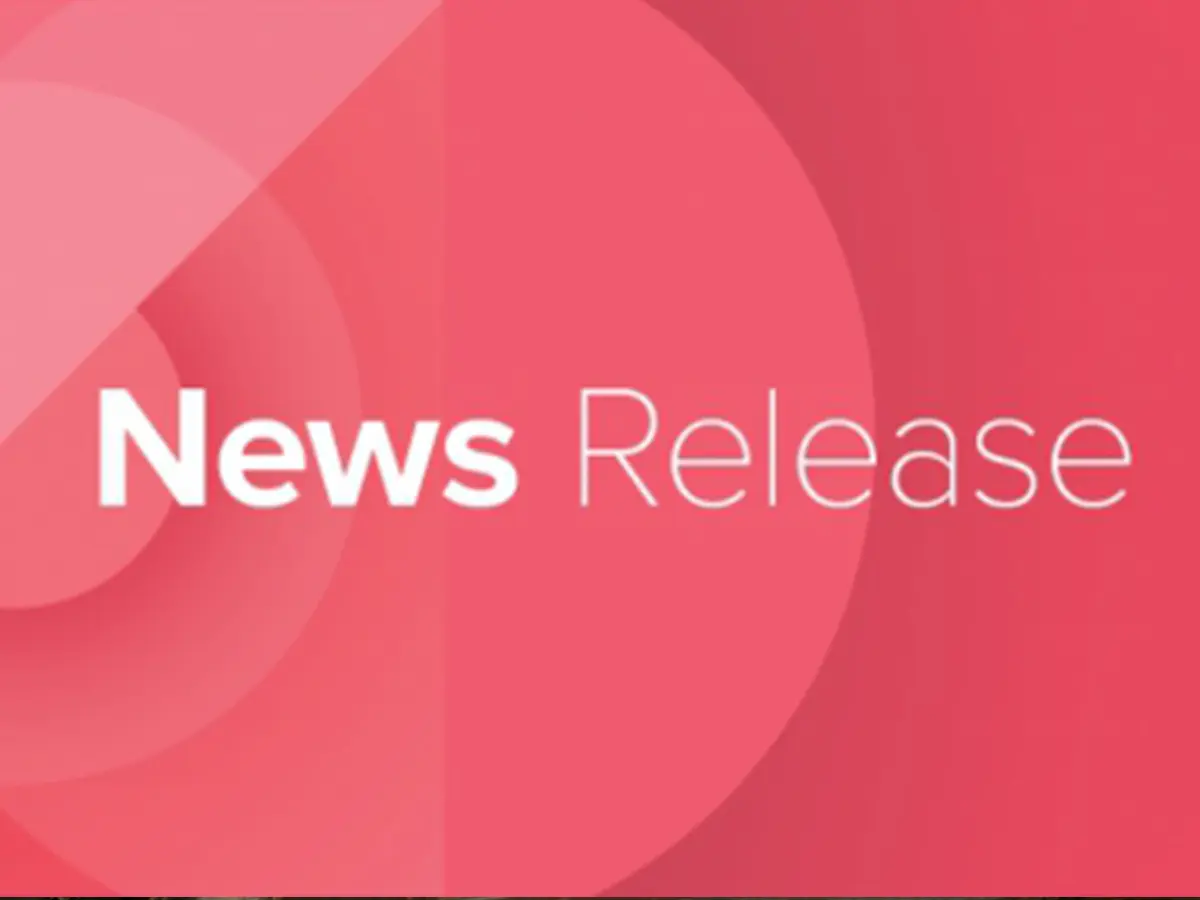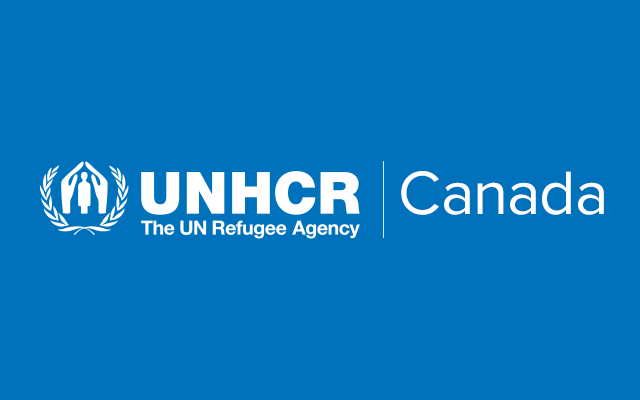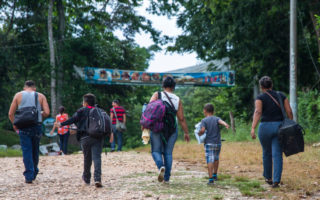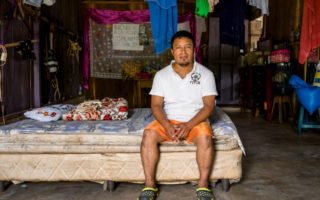The violent death of a transgender asylum seeker in Guatemala last weekend highlights the need for effective protection to be granted to people forced to flee their countries, including members of the LGBTI community, urges UNHCR, the UN Refugee Agency today
Despite the COVID-19 pandemic and related movement restrictions, violence and persecution against people on the basis of their gender and sexual orientation continues unabated.
The 27-year-old asylum seeker, whose name is being withheld for the protection of her family, had fled gender-based violence and persecution by gangs in her native El Salvador and applied for asylum in Guatemala in 2018.
“We express our deep condolences to the family and loved ones of this woman who was trying to rebuild her life in Guatemala after being forced to flee her country due to violence and persecution,” said Giovanni Bassu, UNHCR Regional Representative for Central America and Cuba.
UNHCR urges states to bring to justice those responsible for crimes against people on the basis of their gender and sexual orientation while taking decisive steps to prevent future crimes of this nature. In El Salvador, three policemen were sentenced to 20 years in prison last week for the murder of Camila Díaz Córdova. This is the first ever conviction in El Salvador in a homicide of a transgender person.
UNHCR also reiterates its call on governments to ensure that all those who are not able to receive such protection in their countries have unhindered access to full and fair asylum procedures, in line with international law.
In the north of Central America transgender people are often subjected to brutal harassment and violence, especially by criminal gangs. According to a 2019 report by Salvadoran-based LGBTI organization and UNHCR partner COMCAVIS Trans, the majority of LGBTI people – particularly transgender women – are often initially forcibly displaced within their own country, escaping gang threats, murder attempts, and physical and sexual violence. Many often endure years of violence and persecution before seeking asylum in other countries.
UNHCR is alarmed that the risks of violence are heightened as a result of the COVID-19 pandemic. Of the 160 people assisted by COMCAVIS Trans since the start of the pandemic, 79 had been forced to flee persecution and threats by gangs.
In addition to increased Sexual and Gender Based Violence that has been documented during the strict lockdowns across the region, LGBTI people in Central America have also had limited access to support.
In collaboration with partners in Honduras, Guatemala and El Salvador, UNHCR has continued its regular community-based protection initiatives despite the difficulties imposed by the pandemic, in an effort to create the conditions for effective protection for those forcibly displaced both in countries of origin and of asylum. UNHCR has also increased its assistance programmes to provide cash support to LGBTI people in vulnerable conditions.
For more information contact:
- In Mexico, Sibylla Brodzinsky, brodzins@unhcr.org, + 52 55 8048 5054
- In Panama, William Spindler, spindler@unhcr.org, +507 6382 7815
- In Panama, Diana Diaz, diazdi@unhcr.org, + +507 6646-3469
- In New York, Kathryn Mahoney, mahoney@unhcr.org, +1 347 443 7646
- In Geneva, Shabia Mantoo, mantoo@unhcr.org, +41 79 337 7650
Originally published on UNHCR on 06 August 2020






